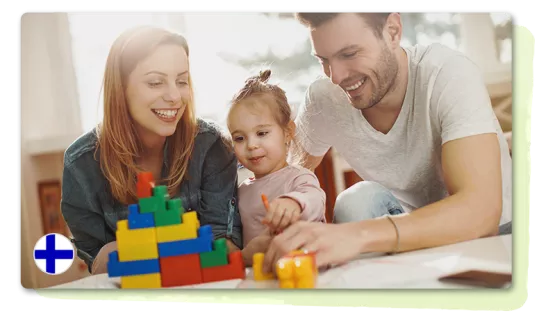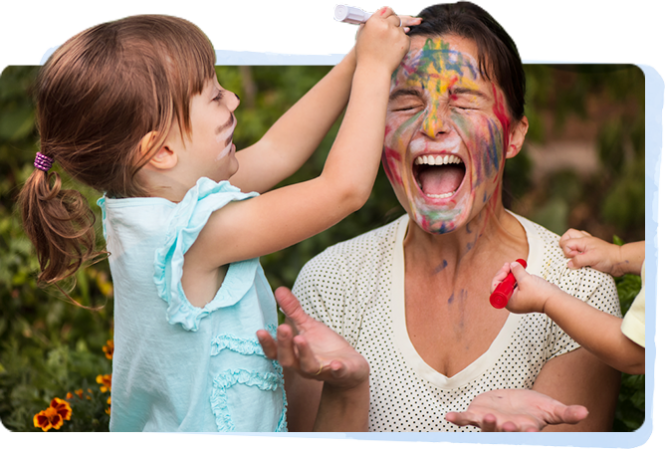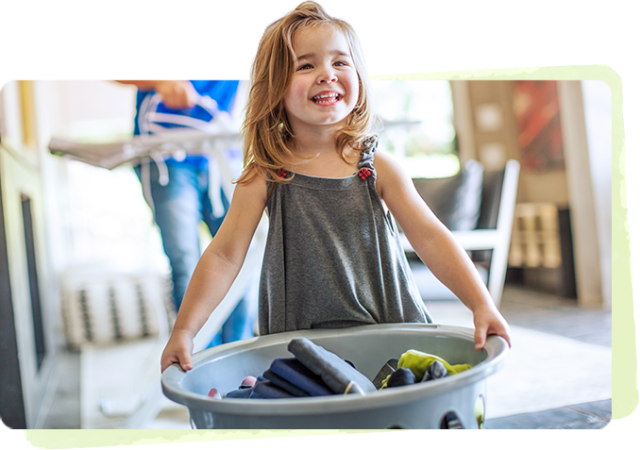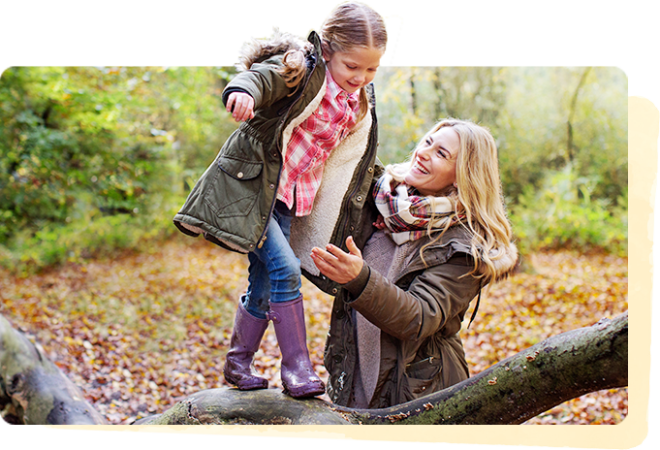
Natural Parenting in Finland: Raising kids who love to learn
How do you raise children who love learning? With Finnish kids producing some of the highest scores in mathematics, science and reading in Organisation for Economic Co-operation and Development's (OECD) Programme for International Student (PISA) Assessment, their parents seem to have it figured out.1
Interestingly, it is not an emphasis on studies, but a natural parenting style focusing on play, happiness and health, that seems to have cultivated a genuine love for learning. Here are three beliefs of Finnish parenting you might find useful!
Playtime is educational
Parents see play as an opportunity for children to learn. They believe that compared to rote learning, young minds are better stimulated when they learn from doing something they enjoy.
The Finnish believe that play, solo or with peers, helps prepare kids for formal schooling as it builds one’s social skills and self-esteem. Parents simply participate as co-explorers with their little ones and learn more about their preferences in the process.
Every child learns at his/her own pace
Recognising that each child has a different pace of learning, children are allowed to take their time. Parents don’t prioritise academic preparation before formal school.2 Instead, they impart skills for independence and self-reliance, such as how to commute to school, or how to make a sandwich. You won’t find many ‘tiger parents’ here.5
Learning is done independently
At a young age, kids in Finland are taught to be independent when it comes to learning. Kids have their own play areas or play huts called Leikkimökki2, and they are responsible for cleaning up and keeping it in order. In their daily routine, kids are also encouraged to take the initiative when it comes to learning. Without supervision, children come home from school, make lunch and do their homework.3

How Finnish mums grow
She assumes the role of a facilitator rather than a teacher, Finnish mums get to discover new insights from the perspective of their little ones.4 With less pressure to direct playtime and learning, they are able to focus on parent-child bonding.

How Finnish kids grow
By leading their own learning journey, Finnish kids find a learning style that is best suited to them. Studies have also shown children who are given autonomy develop better cognitive skills like mental flexibility and impulse control.

Easy parenting tips to try at home!
- Put your child in a new, natural environment and let the little one take the lead in exploring and discovering what he or she wants!
- Discard all plans and programmes within that time – simply keep an eye out to ensure the safety of your child.
- When your child extends an invitation to you, think of yourself as a fellow adventurer, and see where it brings you both.
References:
- http://gpseducation.oecd.org/CountryProfile?primaryCountry=FIN&treshold=10&topic=PI
- http://www.childresearch.net/projects/ecec/2017_14.html
- https://matadornetwork.com/read/parenting-finland-looks-nothing-like-raising-kids-us-heres-finnish-way-better/
- https://www.tuutu.com.au/let-kids-be-kids/
- http://pinetribe.com/6-reasons-parenting-in-finland-better
